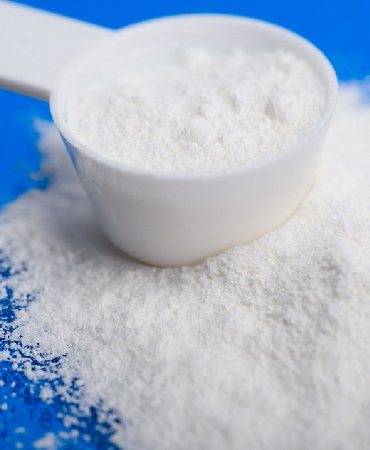
Carnitine

Description
In humans, L-carnitine is obtained both from food (exogenous intake) and from endogenous synthesis (which takes place within the body). In our countries, an omnivorous diet covers 75% of carnitine requirements.
This molecule is synthesized mainly by the liver and kidneys from two essential amino acids: lysine and methionine.
The main food sources of L-carnitine are animal products, mainly red meat.
The daily dietary intake of L-carnitine in humans varies from 300 to 2000 mg/kg of body mass. This amount is considered sufficient to cover needs, even in the absence of endogenous synthesis.
The benefits
- L-carnitine has several functions, all of which contribute to energy metabolism. This molecule transports fatty acids into the cells, where they release their energy.
- Since the heart obtains 70% of its energy from fatty acids, L-carnitine supports its activity and is even said to have a beneficial effect on heart failure.
- L-carnitine also reduces the formation of free radicals, responsible for cell ageing, and facilitates recovery after physical effort
- Finally, involved in the production of energy and the synthesis of acetylcholine (a neurotransmitter that influences cognitive functions such as learning and memory), L-carnitine participates in the maintenance of brain function.

























